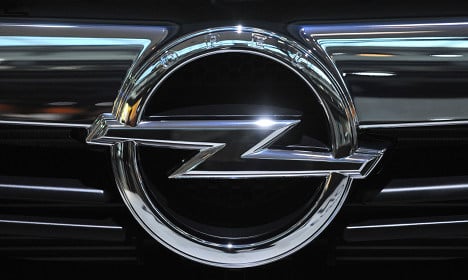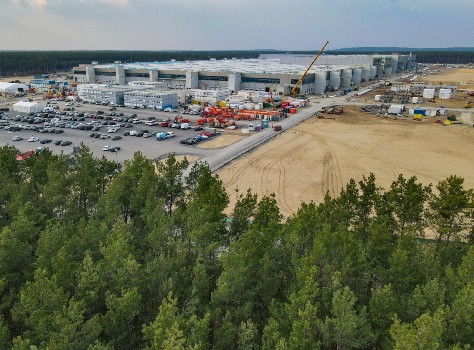The website of news magazine Der Spiegel said that GM managers are concerned it’s European division, which includes Opel and Britain’s Vauxhall, is struggling while the rest of the company has rebounded well.
They also believe that GM is no longer dependent on Opel technology, and instead is able to use know-how from Korean subsidiaries, Der Spiegel reported.
Possible buyers include Volkswagen or Chinese automakers.
Speculation about Opel has been running rampant in recent months as General Motors executives have expressed scepticism about the brand, which has been owned by GM since 1929.
In March, GM CEO Dan Akerson said he was “impatient” about losses at the carmaker.
In 2009, Opel experienced serious financial problems and was nearly sold to a group of investors led by a Canadian auto parts company with Russian backers. Debate raged in Germany about whether the government should prop it up, but GM backed out of the sale at the last minute.
If GM does sell Opel, it will likely concentrate on building market share with its more successful Chevrolet Brand as well as its Korean subsidiary, Auto Bild magazine reported.
Opel has officially dismissed the possibility of a sale.
“This is pure speculation, we will not comment on it,” an Opel spokesman told news agency AFP.
But the news has rattled employees and union representatives. Opel boss Karl-Friedrich Stracke complained of “rumours” and “speculation” in a letter to employees, while appealing them to remain confident in the carmaker’s future.
“I will not let myself be influenced by the speculation in the press,” he wrote. “Please don’t let yourself be either.”
Meanwhile, a spokesman for the German state of Thuringia, where Opel has a plant, told news agency Reuters that all the talk was “nonsense” and that it did not believe GM would sell it’s German unit.
The Local/AFP/DPA/mdm



 Please whitelist us to continue reading.
Please whitelist us to continue reading.
Member comments